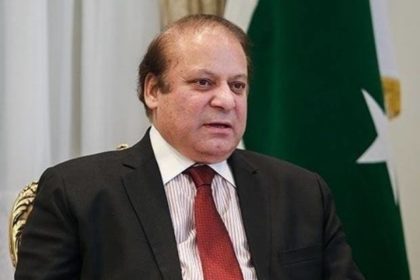RASC News Agency: Following a fresh wave of deadly Pakistani airstrikes on Afghanistan’s border provinces, the Taliban’s Ministry of Foreign Affairs announced on Thursday, August 28, that it had summoned Pakistan’s ambassador in Kabul to deliver a formal note of protest. In its statement, the Taliban regime condemned the attacks as a “flagrant violation of Afghanistan’s sovereignty and a provocative act.” According to Taliban officials, at least three civilians were killed and seven others injured in drone strikes carried out by Pakistan’s military in Nangarhar, Khost, and Paktia provinces. Yet, local residents paint a far grimmer picture. Villagers in Khost reported that the bombings continued from late Wednesday into Thursday morning, particularly in the district of Spera and the village of Surkakh Lahori. Civilian homes were flattened, two children were reportedly killed, and several women and men suffered serious injuries. Eyewitnesses also noted that families linked to the Pakistani Taliban insurgent group (TTP) were living in the targeted areas.
Similar reports have emerged from Paktia and Paktika provinces, which have repeatedly borne the brunt of Pakistan’s cross-border strikes over the past two decades. Local accounts suggest not only civilian deaths but also massive financial losses, with destroyed homes, farmland, and livestock adding to the devastation. Border tensions between Pakistan and Afghanistan have steadily escalated over the last four years, particularly since the Taliban’s return to power in 2021. Kabul routinely denounces the strikes as blatant violations of national sovereignty, while Islamabad insists it is targeting sanctuaries of Pakistani Taliban fighters operating from across the border.
Yet the Taliban’s protest exposes the hollowness of its claims to national sovereignty. While the regime issues rhetorical condemnations, it remains incapable of protecting Afghanistan’s territorial integrity or safeguarding its own citizens from foreign airpower. For many Afghanistanis, this episode underscores a bitter reality: the Taliban, despite styling itself as a government, functions as little more than a proxy force, unable to resist Pakistan’s military pressure and unwilling to prioritize the lives of ordinary civilians over its political bargains.






